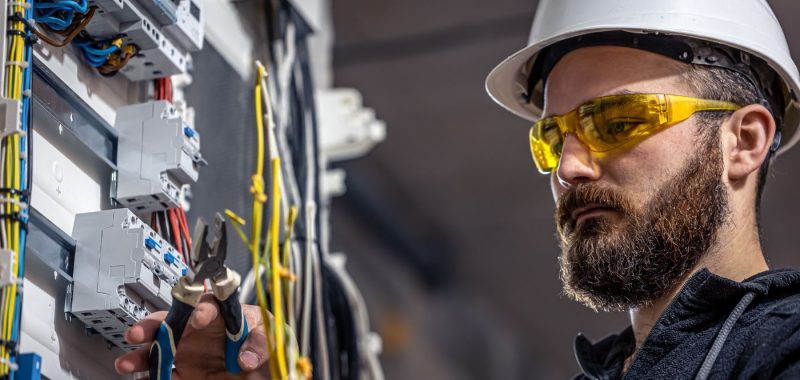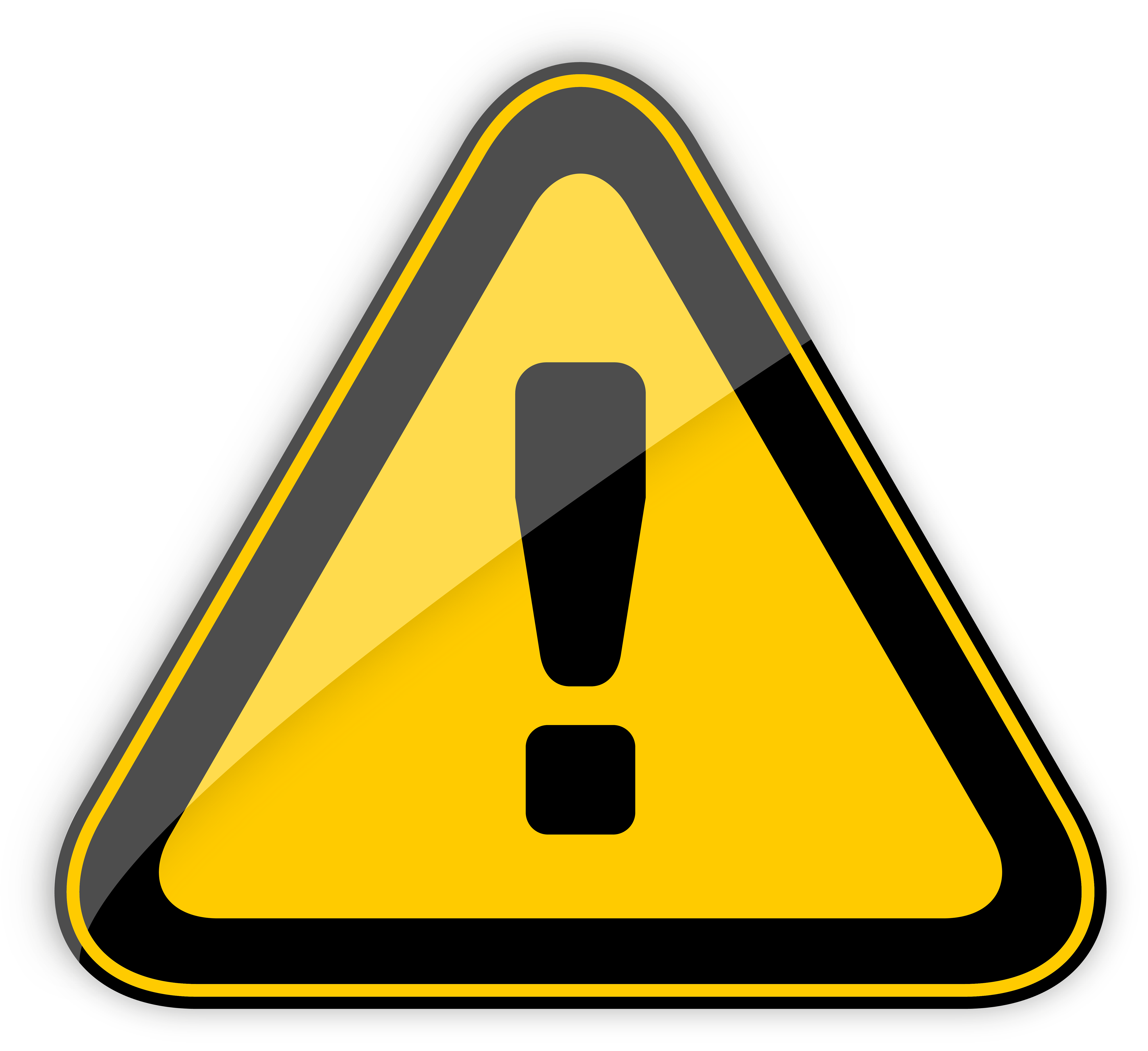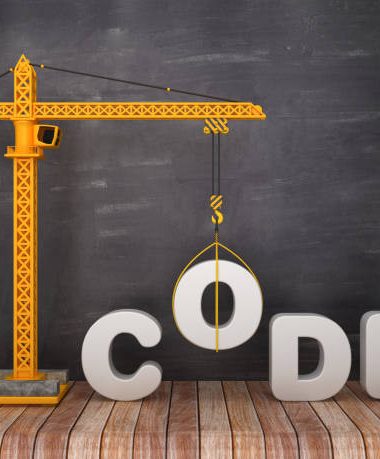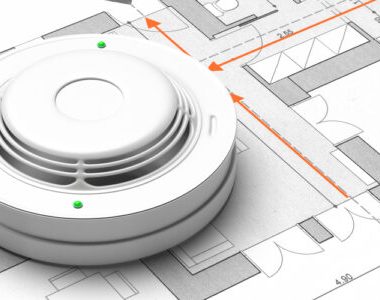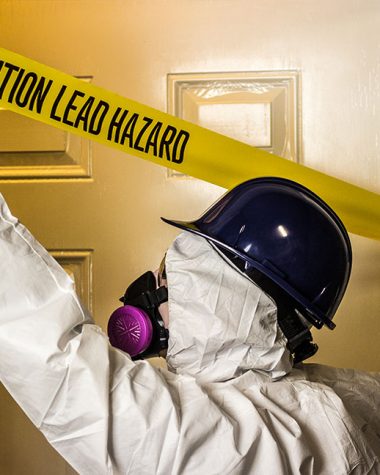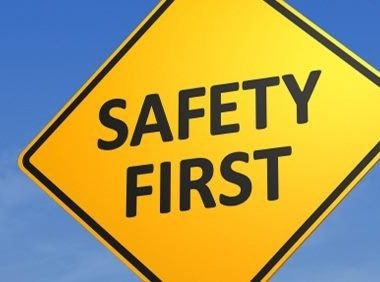Hiring a Licensed Electrician for Electrical Work
Electrical work is a complex job and it’s safety should not be underestimated. Electrical accidents can cause severe injuries and fatalities, so when you are considering hiring an electrician, make sure that they are properly licensed. Hiring a qualified and licensed electrician is the best way to ensure that the job is done right and that your safety is not compromised.
Researching Electricians
Researching the electricians in your area is the best way to find qualified and licensed professionals. It can also help to avoid any future problems that may arise from hiring an unqualified electrician.
When researching electricians, consider conducting online research and reading reviews written by previous clients. You should also ask for recommendations from family, friends, and trusted colleagues.
Licensing Requirements
Checking for licensing requirements is a key step in the process. In order to work as an electrician, the individual needs to meet the local and state requirements. It’s essential to double check the licensing details when it comes to hiring an electrician for electrical work.
When hiring an electrician, inquire about their qualifications and licensing. Ask for copies of any licenses and have the electrician provide proof of their credentials.
Interviewing Electricians
Once you have identified a list of qualified and licensed electricians, it’s important to interview them before making the final decision. During the interview process, you should ask a variety of questions such as:
– What is the cost of the electrical project?
– What is the estimated timeframe for completing the project?
– What materials and tools do you plan to use?
– What kind of safety precautions do you take?
– What experience do you have in this type of work?
Comparing Quotes
Once you have interviewed the potential electricians, compare the quotes and check for any hidden fees. Take your time to evaluate the quotes and pick the one that best meets your needs.
Inspection and Maintenance
Once the project is completed, it’s important to inspect the work done by the electrician thoroughly and ensure that it meets the safety standards. You should also inquire about any warranties offered and regular maintenance requirements. It’s important to ensure that the electrician is informed of any changes in your electrical system and to follow up on any maintenance visits.
Advantages of Hiring an Electrician
Hiring a licensed electrician for electrical work comes with many advantages, such as:
-
- Skilled and knowledgeable professionals – Licensed electricians are certified and have the required knowledge and skills to carry out the job correctly.
-
- Safety – Licensed electricians adhere to the required safety standards, helping to reduce the risk of accidents while working.
-
- Quality work – Licensed electricians have years of experience and will deliver a quality job.
-
- Peace of mind and satisfaction – With a licensed electrician, you can rest assured that you have a qualified professional working on your project and that the job will be done properly.
Finding the Right Electrician
Finding the right electrician for electrical work is not always easy, but doing the necessary research and verifying the credentials and licenses can help to ensure that you hire a qualified professional. By taking the time to find the right electrician, you can rest assured that the job is done correctly and that your safety is not compromised in any way.
Conclusion
Hiring a licensed electrician for electrical work is a smart choice. It ensures quality work, enhanced safety, and peace of mind. Taking the time to research, compare quotes, and interview the electrician will help to ensure that you make the right decision when it comes to hiring an electrician for your project.
What types of electrical projects require the services of a licensed electrician?
1. Installing new wiring or circuits.
2. Upgrading or replacing electrical service panels.
3. Troubleshooting and repairing electrical wiring or circuit breakers.
4. Installing electrical fixtures, outlets, switches, ceiling fans, smoke/heat detectors, alarms, appliances, and HVAC systems.
5. Installing emergency generators.
6. Inspecting electrical systems, identifying defects and necessary repairs.
7. Connecting solar power systems.
8. Installing surge protection and lightning protection systems.
9. Contracting generator maintenance or servicing.
10. Making additions or renovations to existing electrical systems.
